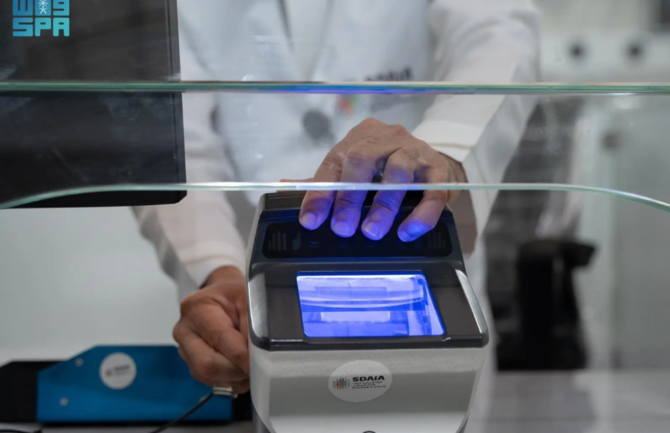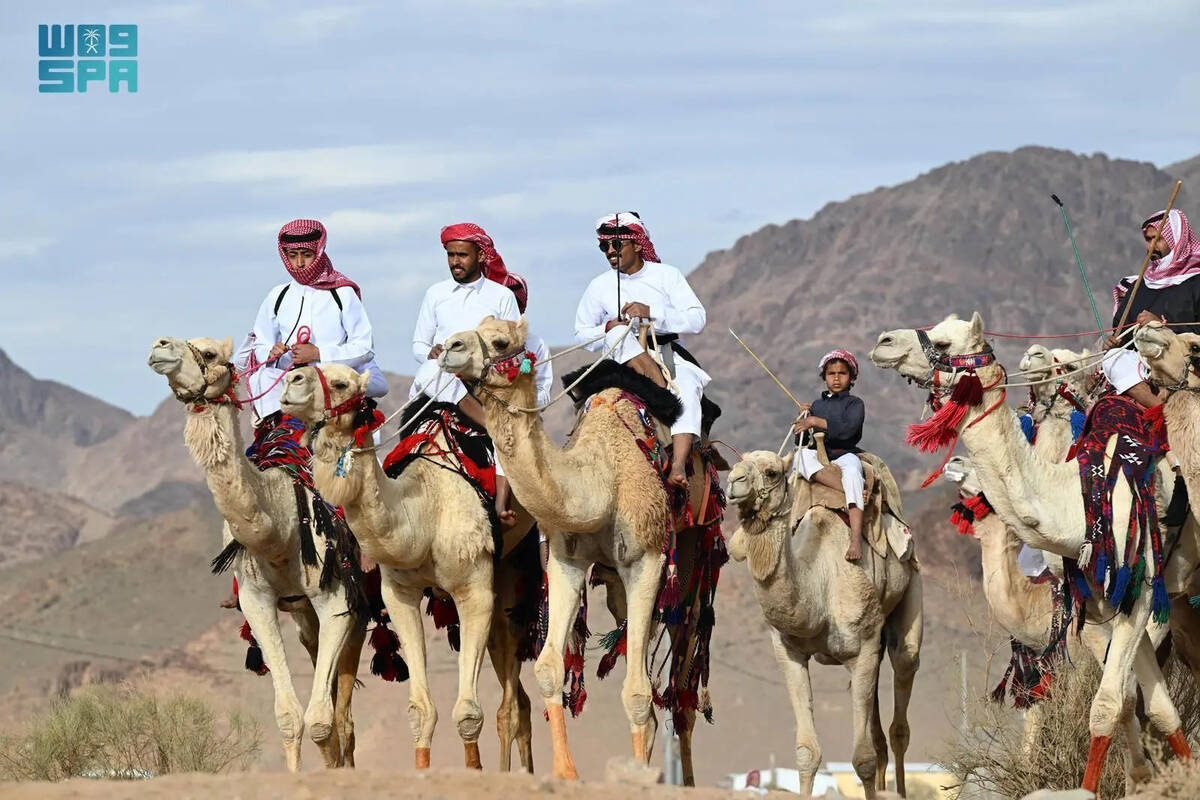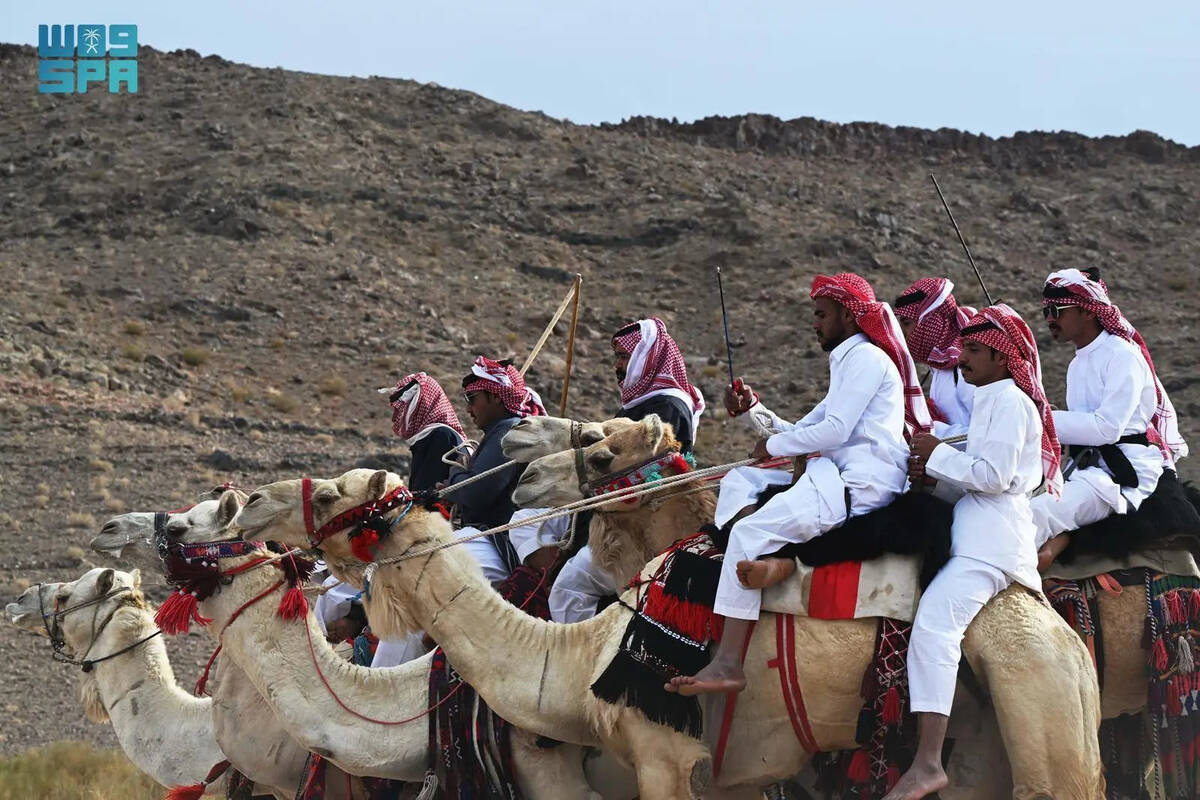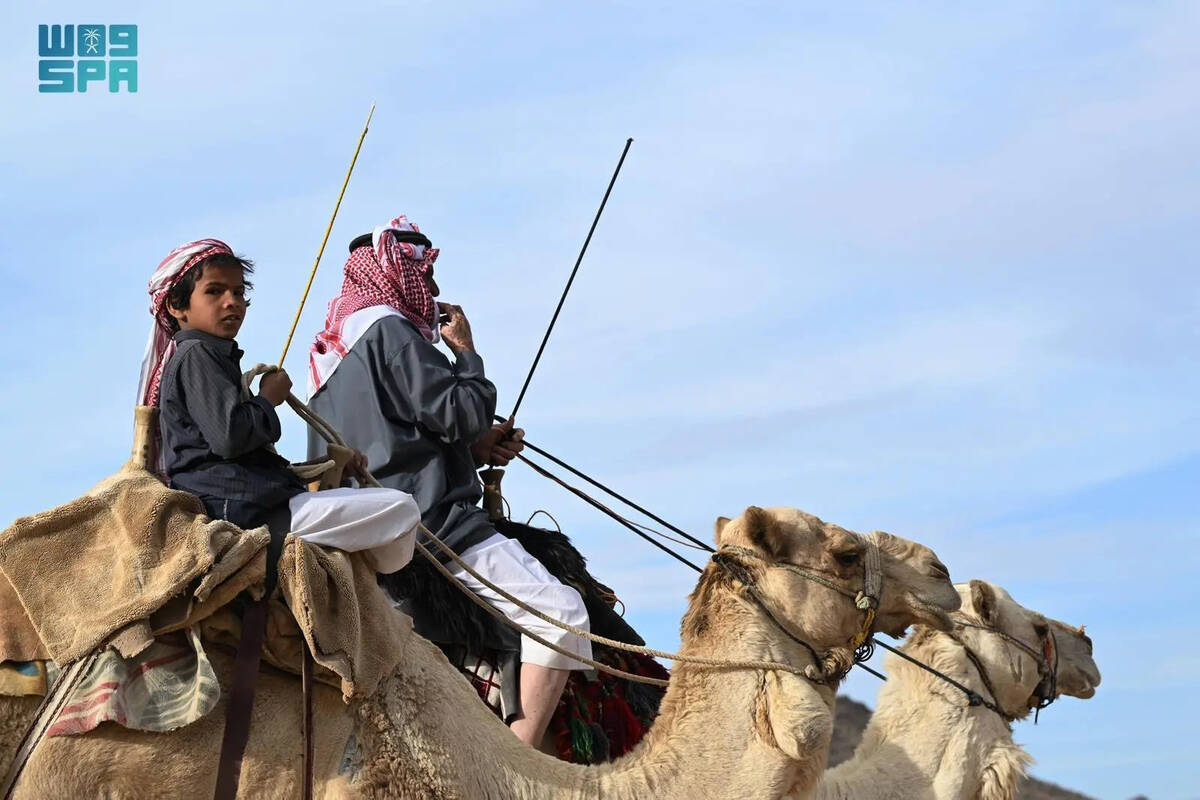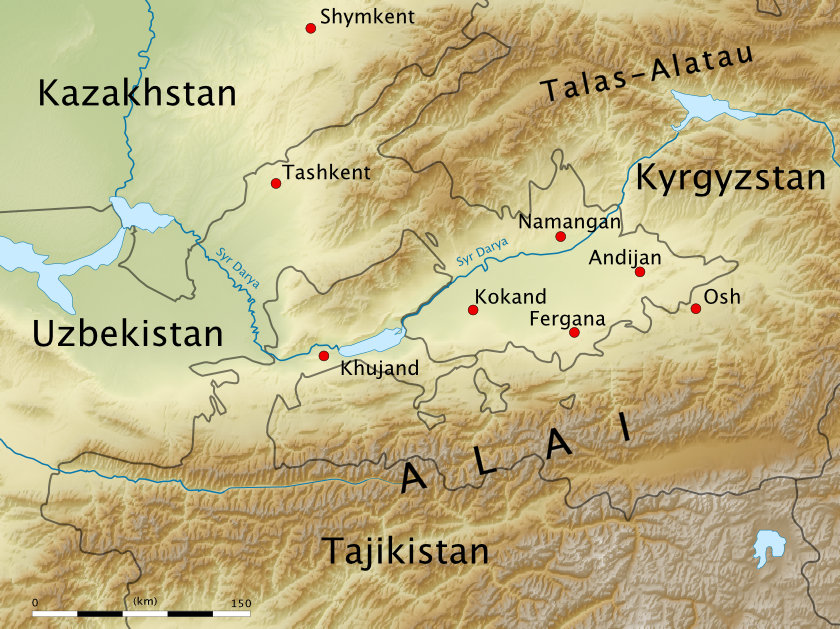RIYADH: The Saudi Authority for Data and Artificial Intelligence has deployed advanced data and AI technologies to streamline the entry process for Hajj pilgrims.
The SDAIA has this year equipped 14 entry points across the Kingdom — including airports, seaports, and land borders — with the necessary technical infrastructure to ease entry procedures, the Saudi Press Agency reported.
In addition, the body is backing the Makkah Route Initiative, partnering with multiple government bodies to implement the program in seven countries worldwide.
SDAIA’s efforts during the Hajj season focus on providing data-driven capabilities and predictive analytics, enhanced through continuous innovation in AI.
These technologies have been leveraged to support government agencies working in Hajj. The body has deployed a national technical team to secure communication circuits and ensure uninterrupted service in the regions of Makkah, Madinah, the Eastern Province, Tabuk, Al-Jouf, the Northern Borders, and Najran.
The SDAIA team is providing its services at various entry points, including King Abdulaziz International Airport in Jeddah, Jeddah Islamic Port, Taif Airport, Prince Mohammad bin Abdulaziz International Airport in Madinah, the Empty Quarter, Al-Batha, Salwa, Ar Ruqi, King Fahd Causeway, Halat Ammar, Neom Port in the Tabuk region, Jadidah Arar in the Northern Borders region, Al-Haditha in the Al-Jouf region, and Al-Wadiah in the Najran region.
The SDAIA is providing technical support to border crossing points, sorting sites, and security control centers through the National Information Center, according to the SPA.
It operates in 78 locations in the holy sites, offering systems, services, and technical products while enhancing integration with other government agencies. This integration ensures the availability of pilgrims’ data before their arrival, reducing the time required for entry registration.
The SDAIA has set up a round-the-clock technical support center to handle reports and resolve issues for various sectors during Hajj. Mobile technical kits have been deployed to ensure swift response to problems at all entry points and preventive maintenance has been carried out on workstations and network devices at Hajj terminals.
The SDAIA has also overseen the infrastructure and data rooms in the reception halls for pilgrims. Additionally, biometric capture and registration stations have been established at border points, with devices prepared, programmed, and equipped with the approved software. Personnel from participating sectors have also received training on the new systems and updates.
The organization has introduced Banan, a mobile device that enables identity verification services through biometric data for agencies working in the field.
The SDAIA has also developed the Sawaher and Baseer platforms to help manage crowd sizes effectively at various Hajj sites. These platforms ensure each location does not get overcrowded, promoting a safer and smoother experience for pilgrims.
The authority has integrated many pilgrim services into the Tawakkalna app. Pilgrims can now manage everything from Manasik Gate procedures to displaying their pilgrim cards, and entry permits for vehicles and personnel working on Hajj, in collaboration with Public Security.
Additionally, the platform offers the Rescue Me service and features such as the digital Qur’an, prayer times, and qibla direction.


